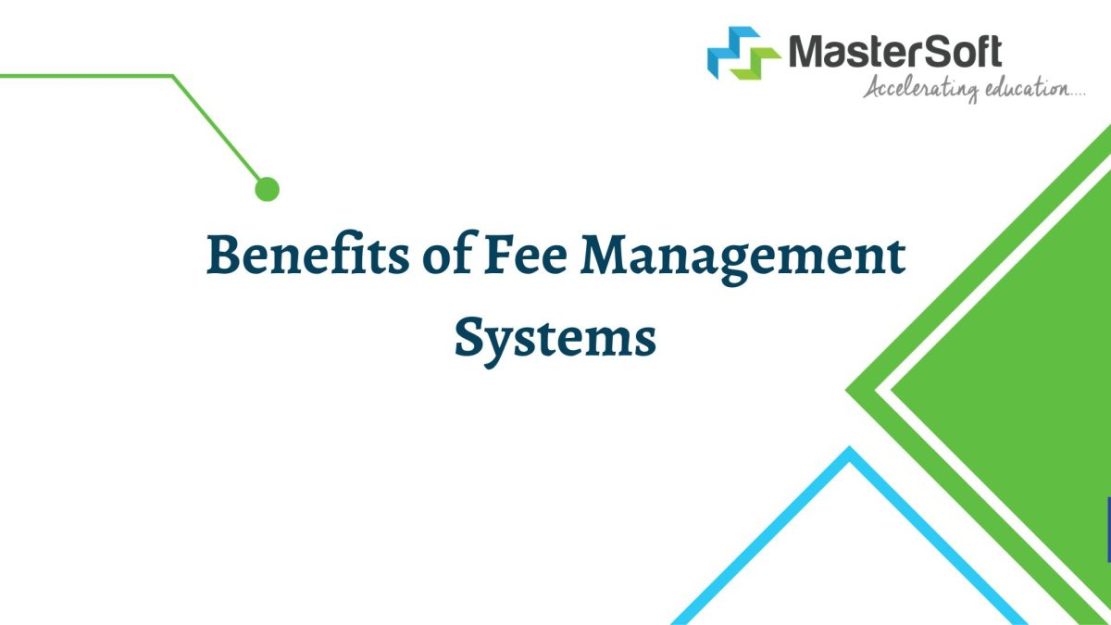Simplifying School Finances: The Benefits of Fee Management Systems

Simplifying School Finances: The Benefits of Fee Management Systems
Managing finances in an educational institution can be a daunting task, especially when you consider the sheer volume of transactions involved. From tuition fees and extracurricular activity charges to library fines and cafeteria purchases, schools are responsible for handling a wide range of financial transactions. To streamline this complex process, many educational institutions have turned to fee management systems. In this blog post, we will explore the benefits of fee management systems and how they can simplify school finances.
1. Enhanced Efficiency
One of the primary advantages of implementing a fee management system is the significant improvement in efficiency. Traditional methods of fee collection often involve manual paperwork, which can be time-consuming and error-prone. Fee management systems automate many aspects of the process, from fee collection to tracking and reporting. This automation not only reduces the burden on administrative staff but also minimizes the chances of errors, ensuring that financial records are accurate and up-to-date.
2. Convenient Online Payments
In today’s digital age, parents and students expect the convenience of online payments. Fee management systems enable educational institutions to offer secure and user-friendly online payment options. Parents can easily make payments for tuition, textbooks, and other fees from the comfort of their homes using credit cards, debit cards, or electronic bank transfers. This not only simplifies the payment process but also reduces the need for handling cash, which can be a security concern for schools.
3. Real-time Tracking
Fee management systems provide real-time tracking of financial transactions. School administrators can instantly access information about fee collections, outstanding payments, and revenue streams. This real-time visibility allows schools to make informed decisions and address financial issues promptly. Additionally, it enables parents and students to monitor their payment histories and stay informed about their financial obligations to the school.
4. Automated Fee Reminders
Late fee payments can create administrative headaches for schools and financial stress for parents. Fee management systems can automate fee reminders through email or SMS notifications, helping to ensure that payments are made on time. This proactive approach reduces the need for follow-up calls or written reminders and contributes to better financial discipline within the school community.
5. Customization and Flexibility
Each educational institution has unique fee structures and requirements. Fee management systems are highly customizable, allowing schools to tailor their fee collection processes to meet their specific needs. Whether it’s setting up installment plans, offering discounts, or handling different fee categories, these systems can adapt to accommodate the intricacies of each school’s financial operations.
6. Improved Financial Reporting
Accurate financial reporting is crucial for school administrators and stakeholders. Fee management systems generate detailed reports that provide insights into revenue trends, expense management, and financial forecasting. These reports can help schools make data-driven decisions and allocate resources more effectively. Furthermore, they simplify the auditing process, as all financial data is organized and easily accessible.
7. Enhanced Security
Security is a top priority when handling financial transactions, especially in educational institutions where sensitive information is involved. Fee management systems come equipped with robust security features, such as encryption and access controls, to protect financial data from unauthorized access or breaches. This ensures the safety of both the school’s financial information and the personal data of parents and students.
8. Streamlined Communication
Effective communication between schools and parents is vital for maintaining transparency and trust. itoften include messaging features that allow schools to send updates, notices, and announcements related to fees and financial matters. This streamlines communication, reduces misunderstandings, and keeps all parties informed and engaged.
9. Reduced Administrative Burden
By automating fee collection and management processes, schools can significantly reduce the administrative burden on their staff. This frees up time and resources that can be redirected toward more valuable tasks, such as student support, curriculum development, and strategic planning.
10. Parent and Student Satisfaction
Ultimately, the adoption of fee management systems contributes to increased satisfaction among parents and students. The convenience of online payments, transparent communication, and accurate financial records enhance the overall experience of families within the school community.
In conclusion, fee management systems offer numerous benefits to educational institutions, ranging from enhanced efficiency and convenience to improved financial reporting and security. By simplifying school finances, these systems allow schools to focus on their core mission of providing quality education while ensuring a seamless and transparent financial experience for students and parents. As technology continues to advance, fee management systems will likely play an increasingly important role in the financial management of educational institutions.




